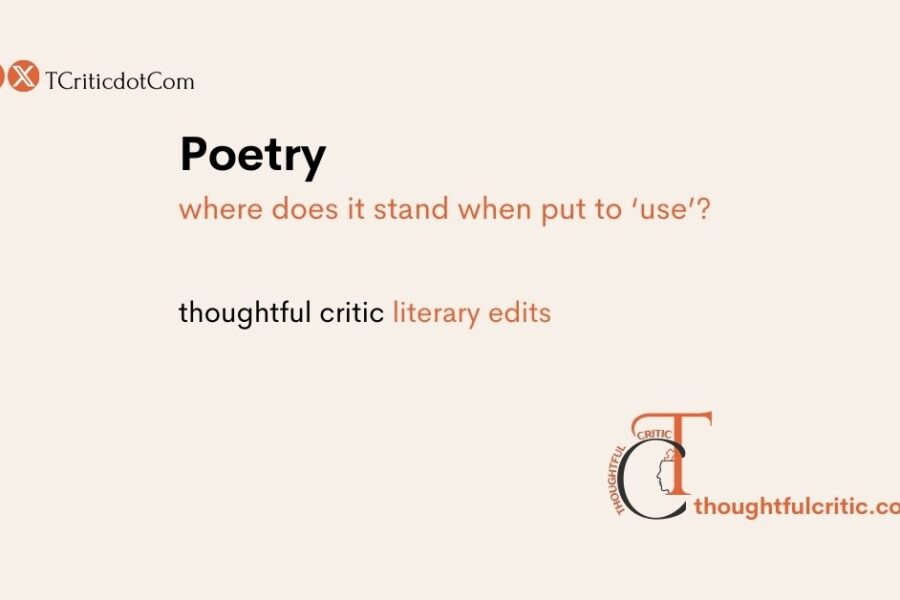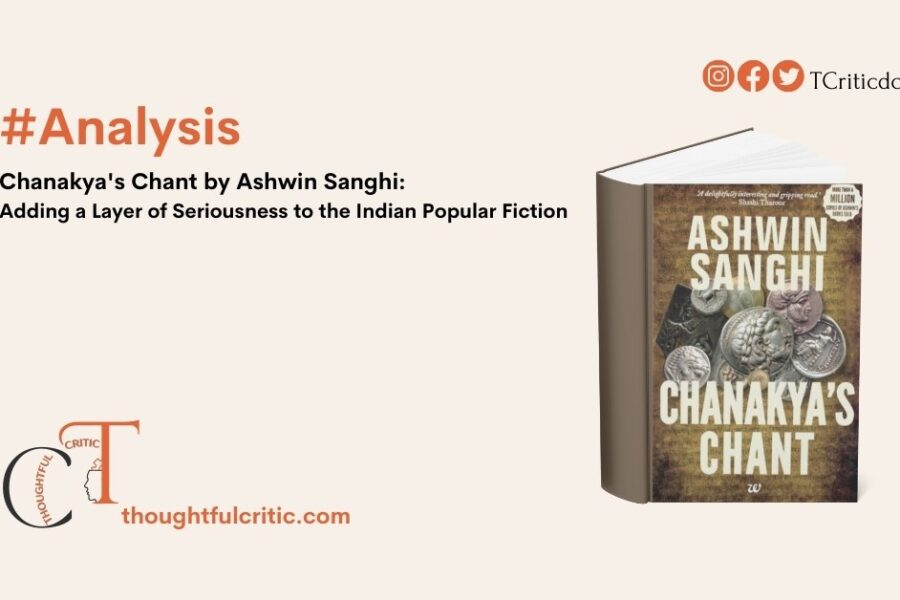Writing fiction is (almost) everybody’s cup of tea. Many of us, those born before our mothers took to Tik-Tok to learn everything, should have aged listening to stories of kings, queens, giants, gods, ghosts, and children from our mothers, grandmothers, fathers, and grandfathers (cannot ignore elder siblings). Weaving fictional stories, creating characters, making them appear real, and keeping listeners engaged with imagination are some tasks that humans have been successfully doing for thousands of years. Inspiration for imagination may come from various sources – real events, legends, folklore, memories, one’s own life and many others. However, imagination has been the forte of many for long.
Imagination, as we can observe and clearly understand, plays an essential role in developing any fictional work. Characters, plot, twists, conclusions, climax or anti-climax – imagination can be handy in bringing to the readers something they can remember and cherish after reading the works of fiction. In the eyes of structuralists, however, imagination plays a minor role in fictional work because nobody can write anything new. People can write, rewrite and rewrite again. The knowledge, they believe, is limited. Signs and signified are also limited. And, above all, language is limited. So, they think everything is subdued in front of language and nothing new can take place in terms of literary work (because everything has been said before, this or that way). And this theory, I believe, challenges and pins down the importance of imagination very badly!
Well, discussing the roles of imagination in the work of fiction, we can deliberate on many technical aspects that imagination can be played to bring in by the authors. For instance, imagination liberates writers from the constraints of reality (and truth) and thus enabling them to explore what-ifs and possibilities within the realms of their fictional world. It allows for the creation of alternative histories, speculative futures, and fantastical scenarios. Imagination encourages authors to push the boundaries of what is known and accepted, fostering innovation and creativity.
In other roles, imagination allows writers to use symbolism and metaphor to convey deeper, broader, and more complex meanings and explore abstract concepts. Through imaginative language and imagery, expert authors and even new ones can evoke emotions, provoke thoughts, and communicate complex ideas in ways that resonate with readers and add more satisfaction (catharsis) to their reading experience. And there are many roles of imagination in the construct of fiction that many authors employ and execute in many different ways. Whatever the structuralists may communicate via their essays and papers, imagination does play a vital role in the works of fiction (and the same cannot be denied). Structuralism has many facets but its curtailing the role of imagination and other crafts of fiction is something that many may not digest easily. The theorists who practise this theory often ignore all other aspects of a work of literature and zoom in on linguistic capabilities. In linguistic interpretation, things are limited to meanings and the ascribing words – a parrot is a parrot and a dove is a dove. However, when we add the ingredient of imagination, the dove symbolises peace and the vulture symbolises predator, violence and death. However, if we focus on language alone and ignore the imaginative qualities, the interpretation may become dry and lifeless.
To conclude, we can understand that imagination adds colour and life to language. To offer readers a vivid world and many things to ponder and discuss, a certain layer of imagination is required. And it has always been in fashion. Name any celebrated work of literature and you will find the role of imagination (in various lengths and breadth). William Wordsworth used imagination to extend the lessons of life. Coleridge used imagination to add diversity to his poetry and that could offer many things to readers. John Keats lived in the world of his imagination that brought to life the Greek civilisation from the yonder years. T S Eliot’s use of imagination, though meagre compared to other authors and poets, added height to his considerations and ruminations. The world, to be honest, is better with imagination. The world, life and one’s thoughts, devoid of imagination, become straight, dried, and unpleasant – you can pick up the examples from a widespread canvas of literature.
By Ashish for Thoughtful Critic




